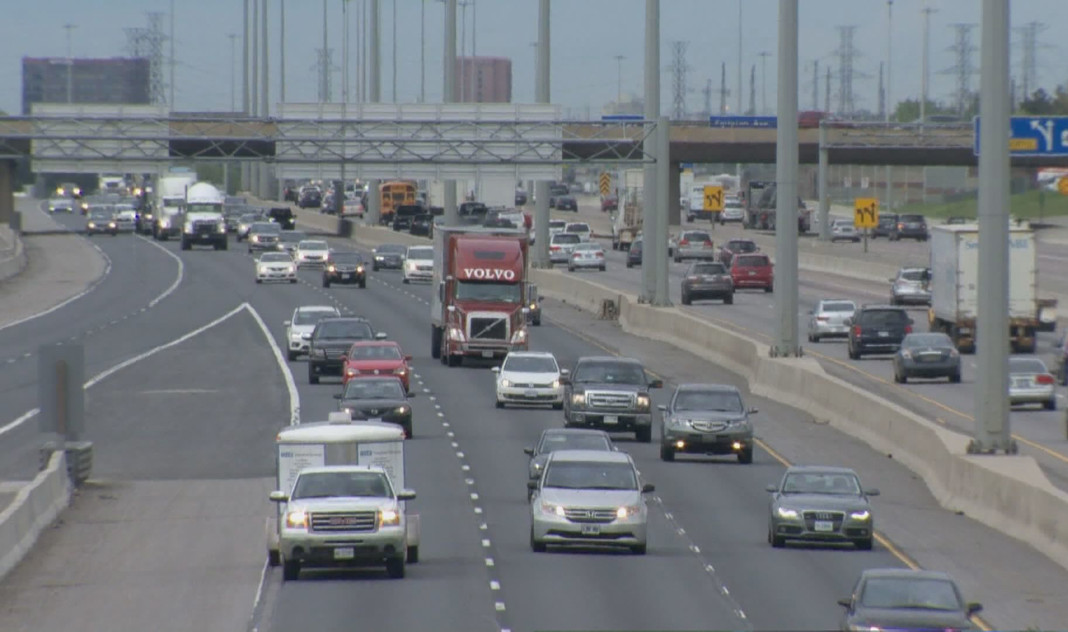Lifetime Licence Suspensions: Anyone convicted of impaired driving causing death will face a lifetime licence suspension. This tough consequence aims to protect families and communities by ensuring that dangerous drivers cannot return to the roads.
Ignition Interlock Devices: Individuals convicted of impaired driving will be required to install an ignition interlock device in their vehicle upon their first offence. These in-car breath screening devices prevent the engine from starting if alcohol is detected in the driver’s system.
Mandatory Remedial Education and Treatment: First and second-time alcohol and drug-related offenders will undergo mandatory remedial education and treatment. This initiative aims to address the root causes of impaired driving and reduce recidivism.
Increased Immediate Roadside Suspensions: The proposed legislation will raise the duration of immediate roadside licence suspensions for first and second-time alcohol and drug-related offences. These suspensions will now be seven days for the first offence and 14 days for the second offence.
Police Authority and Sobriety Tests: The legislation will clarify police authority to stop vehicles and administer sobriety tests for drivers both on and off the highway. This measure strengthens law enforcement’s ability to detect impaired driving.
Combatting Cannabis-Impaired Driving: Given the increasing instances of cannabis-impaired driving, the government will provide additional tools and training to help police officers detect drug-impaired driving. A province-wide campaign will also highlight the dangers of drug-impaired driving, with a focus on cannabis and young drivers.
Quick Facts:
- In Ontario, one in three roadway fatalities involves impaired driving.
- A 2022 roadside survey found that one in five drivers tested positive for drugs, alcohol, or both.
- The percentage of drivers killed while under the influence of cannabis more than doubled between 2012 and 2020.
By implementing these measures, Ontario aims to create safer roads, protect families, and hold impaired drivers accountable. Let’s work together to ensure everyone can return home safely at the end of the day.




Comments
Post a Comment